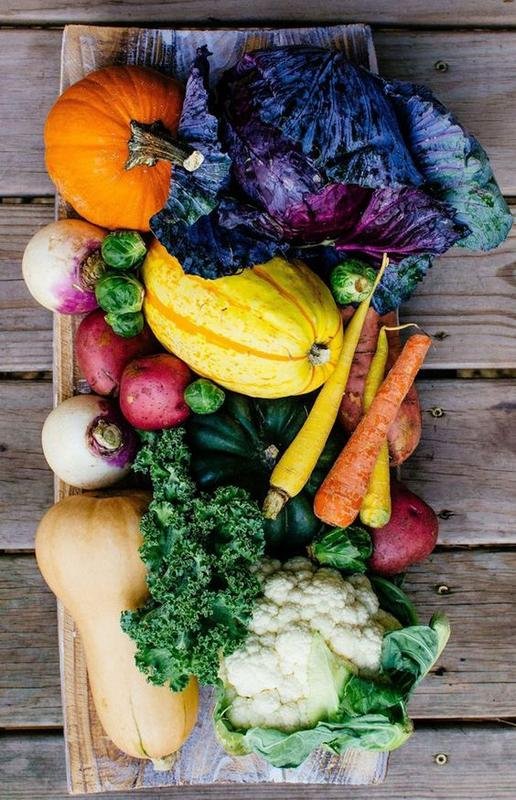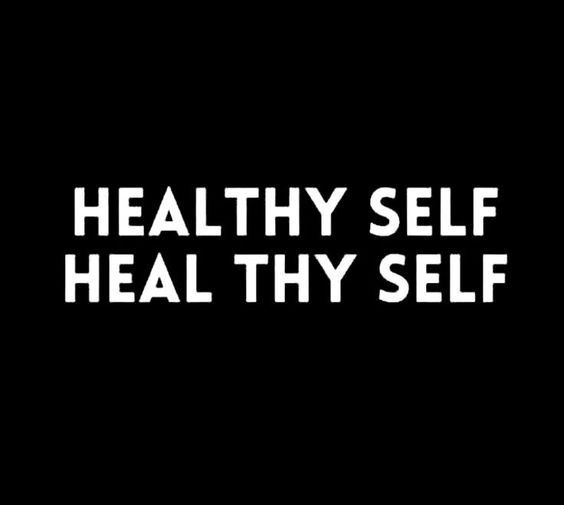Forget diets and fads. When I use the term 'diet' in this series I am referring only to the kind of foods we eat, not a weight loss programme.
For PART 2 of the Diet Series, i'm talking about intuitive eating, or as some people call it, mindful eating. You've probably heard people speak about it, but i'm here to explain what it is and how it could help you have a healthier relationship with food.
What actually is intuitive eating?
It essentially comes down to 3 things:
1) Listening to your body
When your body is hungry, feed it. When you're full, stop eating. It sounds simple doesn't it?
But how many of us put off eating until we are so hungry we end up gorging on whatever we can get our hands on? I know I have done that in the past and still do it sometimes. In the same way, you don't have to finish all the food on your plate just because it's there.
Children and babies know when they are hungry and full and listen to their body's reaction.
Also listen to how your body feels when you eat certain kinds of foods. If you are having negative symptoms, then something is potentially wrong with the kind of foods you're consuming.

image sourced via Pintrest
2) Fueling appropriately
Give your body the energy it needs to serve it's purpose. Don't think so much about food groups, but instead try to think of it in terms of fuel. I've spoken about this briefly before, but complex carbs are not the enemy.
You need carbs for energy. If your body is craving carbs it could be because it is not getting enough energy from the foods you are putting into it. Understanding nutrition as a whole is important and also somewhat complicated. Finding what kind of food works as fuel for you is an on going process. I would recommend continuing to educate yourself and listen to your body's response.
This links back to listening to your body. If your body is responding by being bloated, tired or sick, usually it is because of the diet you have.
3) Don't eat as a hobby
I love to eat and because i'm living in SE Asia, I tend to eat out at least 10 meals per week because it's much cheaper to eat out than it is to cook at home. I know what it means to completely love food and enjoy eating, but I try not to eat just for something to do because i'm bored or feeling lazy. Sometimes I find myself just putting food into my mouth because it's in front of me, snacking on nuts or whatever is on my desk. Breaking that habit can be hard, but by changing the way you think about eating, you can in turn change your habits. Mentality is everything.
Why bother?
By eating intuitively you don't need to follow a strict diet or regime and you can eat all the foods your body loves. It helps get us away from punishing ourselves and shifts our mentality into treating our bodies with love and respect. It's important to practice in order to have good health, less sickness and a body and mind which work in harmony with one another.

image sourced via Pintrest
What can I do to start eating more intuitively again?
As I mentioned, when we are children we have the ability to eat intuitively, but as we get older media, parents, noise, and other things mean we tend to switch off this internal voice. There are so many things you can do to bring you closer to eating in an intuitive way.
Here are my top 5 tips:
1) Stop the diet fads
Whatever diet you are on, whether it be 'no carb', 'high carb', 'no sugar', 'no gluten', or whatever else, I suggest you pack it in, especially if you find your body is craving something you have given up. The diet you are on could be restricting you of something your body could need. Sure, you might experience weight loss, but your health might suffer. Instead just eat when you need to eat, stop when your full and give your body what it craves.
2) Make a note of your body's reaction
When you're eating, eat. Don't eat and watch something or multitask. Be mindful of what you are consuming and recognise how your body feels and responds to the food.
Keep a mental or written log of how certain foods make you feel. For example if you are usually sick or in pain after eating one particular kind of food, chances are it's not good for your body. The more in tune you can become, the faster you will be able to make the association.

image sourced via Pintrest
3) Educate yourself on nutrition
Sometimes it can be a bit overwhelming to research about food online since there are so many conflicting theories about what we should put into our bodies.
I don't like to ever tell anyone what they should be eating, because I think it's a personal choice. I eat as many plant-based, whole foods as possible. That is to say, vegetables, grains, beans, fruits. These make up 95% of my diet. After a few weeks of eating this way it was easy to see a change in my energy levels and generally improved health.
Spend some time to figure out what works for you and keep educating yourself on how certain foods break down in the body and the nutritional value they have. That way if your body doesn't like one particular food, you can research about why that could be.
4) Meal prep
I can't stress this one enough. By prepping a few healthy meals which suit your body in advance each week, you'll have healthy food to hand. That means at times when you're really busy and can't be bothered to cook, you'll be more likely to eat the prepared meals, rather than grabbing whatever fast food you can get your hands on. This will keep you on track to giving your body the food it needs.
Also I carry healthy snacks with me when I go out in case I feel hungry.
5) Stop punishing yourself
By punishing yourself every time you eat something which isn't good for your body, you will only cause yourself more stress - which in turn isn't good for you physically or mentally. We get into the habit of punishing ourselves from 'falling off the wagon' when trying to lose weight or be more healthy.
Remember, like everything, it's a journey towards a mental shift in giving your body what it needs and when it needs it. Go easy on yourself!
Do you eat intuitively? If so, how do you feel about this? If not, would you like to try?
Yasmine
